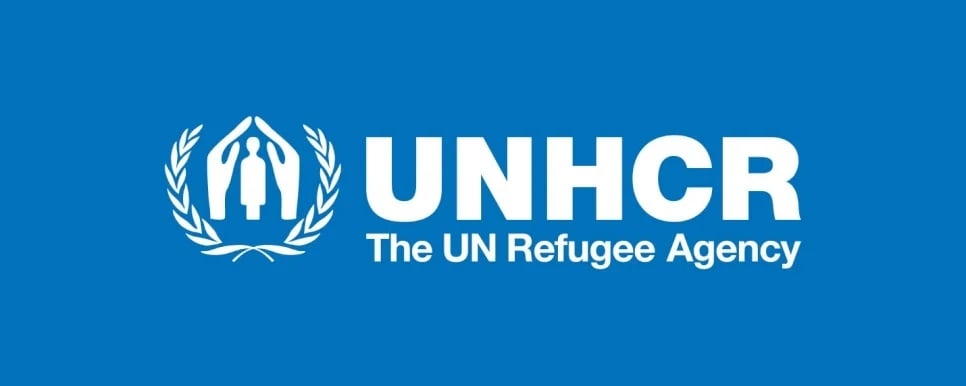Hoping for peace at home, Nigerians instead find violence
Hoping for peace at home, Nigerians instead find violence

MINAWAO REFUGEE CAMP, Cameroon – After years in exile in Cameroon, Ahmadou* opted to head home to northern Nigeria last year hoping to start over in peace. But on the eve of the traditional Eid al-Adha feast last August, the experience turned into a nightmare.
Boko Haram militants stormed the fenced site – set up in Banki to protect internally displaced people like Ahmadou and his family – and the killing began.
They “entered … the site and slaughtered my son in front of members of my family, as a sacrifice for the feast,” he recalls simply.
From that moment on, the 58-year-old had just one idea in mind: to escape back into Cameroon, eventually reaching the safety of Minawao camp in March.
“I cannot go back to Nigeria and I am very worried about the family members I left behind,” says Ahmadou, dressed in an immaculate white traditional robe. “I deeply regret having returned with my family, to find myself in such a difficult situation.”
As he frets for his family’s safety in Nigeria, Ahmadou is now working with UNHCR, the UN Refugee Agency, to raise awareness among some 50,000 refugees in the camp about violence persisting in the corner of northeast Nigeria.
Between April and June 2017, nearly 14,000 refugees like him living in Minawao decided to return home.
On the main streets of the camp, numerous billboards have been installed warning: “Whether I leave or stay, my safety has priority,” as part of the campaign to ensure that refugees are well informed of the risks they may run when deciding to return to certain parts of Nigeria.
While some continue to return, most refugees are prepared to wait until the authorities in Cameroon and Nigeria organize their return together with UNHCR, once security is in place and on the basis of the Tripartite Agreement signed in March 2017.
They "slaughtered my son in front of members of my family, as a sacrifice for the feast.”
Given the ongoing dangers faced by those who spontaneously return to areas where insecurity persists, UNHCR is particularly alarmed at the continuing forced returns of refugees, at least 385 of whom have been sent back by Cameroonian authorities since the start of this year.
UNHCR says that these repatriations are in violation of the principle of no forced returns or non-refoulement. They are also a significant setback to progress previously achieved by Cameroon in granting asylum to Nigerian civilians fleeing Boko Haram violence in Borno State.
“This is a situation that both alarms and surprises us, because the Cameroonian authorities, faithful to their tradition of hospitality, also show a great generosity towards refugees,” said UNHCR’s Representative in Cameroon, Kouassi Lazare Etien.
He noted that in 2018, thousands of refugees from the Central African Republic and Nigeria were welcomed and found asylum in Cameroon. They include 5,547 refugees who were registered by the government in Minawao last months, with the support of the UNHCR. In total, Cameroon hosts over 90,000 Nigerian refugees with UNHCR having registered some 71,000 in the country.
While recognizing the legitimate national security concerns of states affected by the Boko Haram crisis, it is important that refugee protection and national security are not seen as being incompatible. Properly functioning screening, registration and asylum systems help safeguard host country security.
UNHCR reiterates its support to the government of Cameroon to ensure that all those seeking international protection have access to efficient screening and registration procedures, as well as appropriate reception arrangements.
*Name changed for protection reasons
Writing and additional reporting by Xavier Bourgois in Yaoundé, Cameroon.









